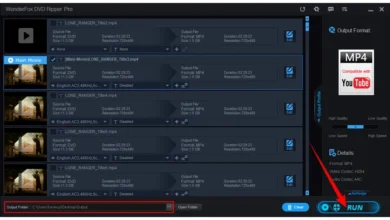
How Do I File For Paternity?
One can predicate paternity either voluntarily or through family court. A father has the right to be in their child’s life. Building a healthy relationship, access to health records, and financial stability is primary to child development.
Substantiating Paternity
There are several ways to determine paternity legally. Florida statute §724.011 defines how paternity is established.
- Marriage – When both parents are married the father is put on the birth certificate and recognized as the legal parent.
- Voluntary Acknowledgement of Paternity form – This is a legal document that both parents sign is recognizing who the father of the child is. The report becomes legitimized after 60 days.
- Genetic test – Procuring a DNA test from a physician or medical facility is considered legal evidence when presenting a petition in family court.
- Court Order – A mother may file a paternity lawsuit to prove who the father is. The court will order a genetic test. The judge will order temporary paternity until the case is finalized. Upon determinations the court make, if the father is legitimized, then they will be requested a legal parent of the claimed child.
If there is no acknowledgment of parentage, then either the father or mother may pursue a case with the family court.
1 DNA Test – Parentage
The most accurate form of genetic testing is through blood testing. This is 99% accurate. The results are relevant evidence when determining who the father is. The test and other evidence have the burden of proof in court evaluations. If the recipient challenges the test, then the court shall order more laboratory testing. The court will observe the chain-of-custody in reviewing the case. This is documentation by professional medical staff when obtaining the blood samples. The court costs and fees, which include the lab fees, are paid by the responsible party.
2 Court Proceeding
The process of authenticating parentage starts with recognizing the mother and potential father. A father may petition for a paternity test with the mother’s consent or knowledge. If the father refuses to sign the birth certificate, the mother may file a paternity lawsuit to receive financial support for her and the child. Once the establishment of parentage is made evident, the judge will order custody and child support. This may also include time-sharing responsibilities, health insurance, and decision making.
3 Child Custody and Parental Rights
Once confirmation of parentage is made evident, then the judge may order child support. If the father chooses, he may also be awarded custody rights. The court will also order the father to pay for other financial costs for the child. This includes medical bills since conception, court costs, and attorney fees. Child support and custody order may be modified depending on extenuating circumstances. The court that places the order has jurisdiction on any future modifications.
Why Establishing Parentage is Important
Having both parents in a child’s life is crucial to their upbringing. Children gain many benefits when paternity is authenticated. This includes financial support for the mother being a single parent, Medical coverage, and education expenses. The child is entitled to inheritance. The importance of the father being in the child’s life is the foundation of the child’s future and the beneficial relationship they have.
At Friedland & Associates, an attorney can review your case and assist with helping you protect the rights of your child and you.
















